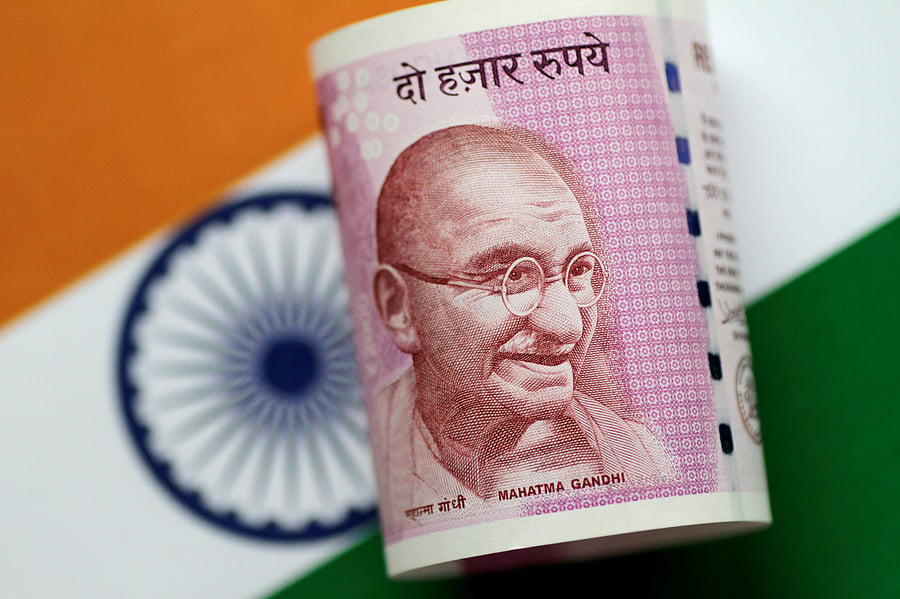
Indian investors are paying one of the highest amounts globally for every penny earned by bluechip companies -- a trend which is leading to the caution of alarm by many experts.
The Price-to-Earnings (PE) ratio of BSE Sensex stands at 25.37 on July 24, 2020. PE ratio denotes the amount paid by investors for every penny earned by the company(s) in trailing twelve months. In this case, investors, as of Friday, were paying Rs 25.37 for every Re 1 earned by the 30 BSE listed companies.
This is an alarming surge of 51.1% from the low of Rs 16.79 per earning of BSE Sensex companies that investors were paying at the beginning of this quarter.
The PE valuation multiple of Indian equities is more in India than the global peers, inferring that the Indian equities are costlier than the other global equities.
Compare BSE Sensex’s PE ratio with other global indices: Dow 30 is at 23.11 (8.9% lesser than BSE Sensex); Nikkei 225 is at 21.35 (15.8% lower than BSE Sensex) and Hang Seng Index at 10.78 (57.5% lower than the BSE Sensex).
What is more alarming is the fact that this rise in the PE ratio of BSE Sensex has happened at a time when revenues of India Inc were negligible due to the lockdown to battle coronavirus pandemic.
As India Inc’s sales fell drastically due to lockdown imposed from March 25, the BSE Sensex has zoomed by 46.76% from the low levels it had touched on March 23.
The valuation (PE ratio) of BSE Sensex companies is further likely to skyrocket after Q1 earnings season concludes, as earnings of India Inc are expected to shrink like never before, owing to the lockdown in the months of April and May. As a result, experts are advising caution to the investors.
“Investors seem to be discounting the pandemic with markets being largely momentum-driven. With current valuations, the investing population would be advised caution,” said Anubhav Srivastava, Partner, Infinity Alternatives.
